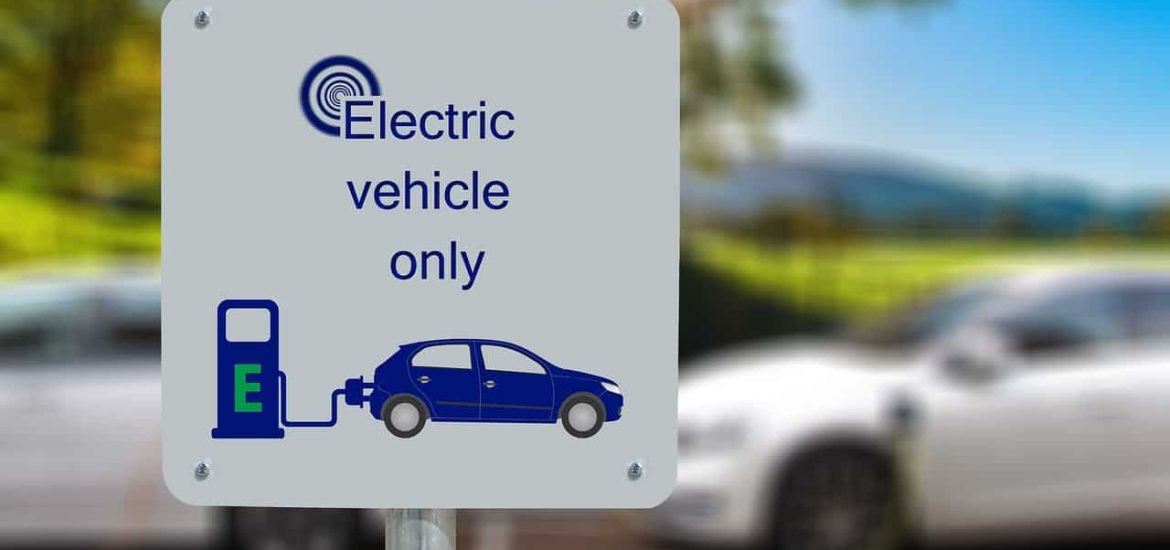Electric vehicles are widely seen as an optimal solution to wean ourselves off fossil fuels in transportation.

Electric vehicles are the future of green transportation
As we seek to decarbonize transportation and eliminate air pollution in urban areas, electric vehicles are widely seen as an optimal solution to wean ourselves off fossil fuels.
However, many people continue to resist making major changes and switching to an electric vehicle would qualify as one. A drawback of current models of EVs is that you can’t just pull up to the nearest gas station to refuel whenever necessary. Instead, you have to find charging points.
That said, a study this year of Americans by Consumer Reports indicates that 71% of respondents were interested in purchasing electtic vehicles. A further breakdown indicated 14% of them would go with an EV if they were to buy or lease a car. That’s significant since only 4% said so in the 2020 survey. Moreover, 22% would seriously consider getting an electric car and 35% might consider doing so.
Another takeaway was that 53% of respondents said tax rebates or perks given at the time of purchase would make them more likely to buy EVs. However, 46% said they were unaware of EV-related incentives. That suggests automobile dealerships and others in the industry should make a bigger effort to educate potential buyers.
Electric vehicles are gaining global momentum
Making lasting positive changes with clean transportation requires people to commit to doing things differently. Electric vehicles are not the only path to a cleaner future in transportation, but they’re significant contributors to it.
The 2022 Global Electric Vehicle Outlook from the International Energy Agency indicated that 2 million electric cars were sold in the first quarter of 2022. That was a three-quarter rise from the same period in the previous year. The IEA counts both fully electric vehicles and hybrids in its statistics.
Another finding was that electric car sales set a new record of 6.6 million in 2021, doubling the previous year’s rate. Some areas of the world had even more robust growth.
In China, people purchased 3.3 million EVs throughout 2021. There was also a 65% sales increase in Europe, totaling 2.3 million cars sold. The 2021 EV sales in the United States reached 630,000, representing more than double the previous year’s totals.
It’ll probably be a while before electric cars surpass conventional ones, but things are moving in the right direction. People who see EVs readily available and notice them on the roads more often will be open to purchasing them.
Corporate fleets are getting electrified
Electric vehicle use cannot happen only on the consumer level to get the widespread adoption it needs to support a cleaner, greener future. Decision-makers at corporations must also get on board with EV adoption.
Research shows 28% of all emissions come from the transport sector. Taking buses to work is a good start, especially if those vehicles are electric. However, the inefficiency of many bus routes makes it impractical for some people to use them for daily commutes. Others don’t live in areas with well-developed public transit networks, making it impossible to rely on them.
Many jobs come with a company car as a perk. Business leaders can make a sustainable choice by prioritizing electric vehicles when giving employees vehicles to drive.
There’s slow but steady progress in company representatives modernizing their fleets to feature more electric options. Logistics provider DHL has nearly 20,000 electric scooters and bicycles in its fleet. Offering more electric options has also helped rental brand Hertz see healthy profits. If company leaders aren’t ready to buy EVs for employees, securing electric rentals for business trips is the next best thing.
There’s even the option of letting employees use corporate cars through a subscription service. Onto is an option based in the United Kingdom that will soon expand into Europe, with Germany as the first target. Subscribers can currently drive 750 miles per month and charge the cars within a United Kingdom network of 12,500 locations.
Research from the Corporate Electric Vehicle Alliance, a collaboration of businesses motivated to accelerate the EV transition, showed that its members want to buy more EVs and would even purchase from different manufacturers if needed.
Members collectively plan to buy almost 333,000 electric vehicles of various types. Additionally, 96% said they would change automakers if necessary to get their desired EV configurations.
Those statistics came as members presented some of the world’s leading automakers with a framework for developing the kinds of vehicles corporate purchasers want and need. They have meaningful future purchasing power since companies in the Alliance, including Best Buy and Amazon, collectively own, lease or use 1.3 million vehicles in the United States.
Electric vehicles don’t dominate on the road yet, but it’s clear there will be more of them in the future. As that happens, people can participate in a cleaner way of getting around that provides the convenience they need.








